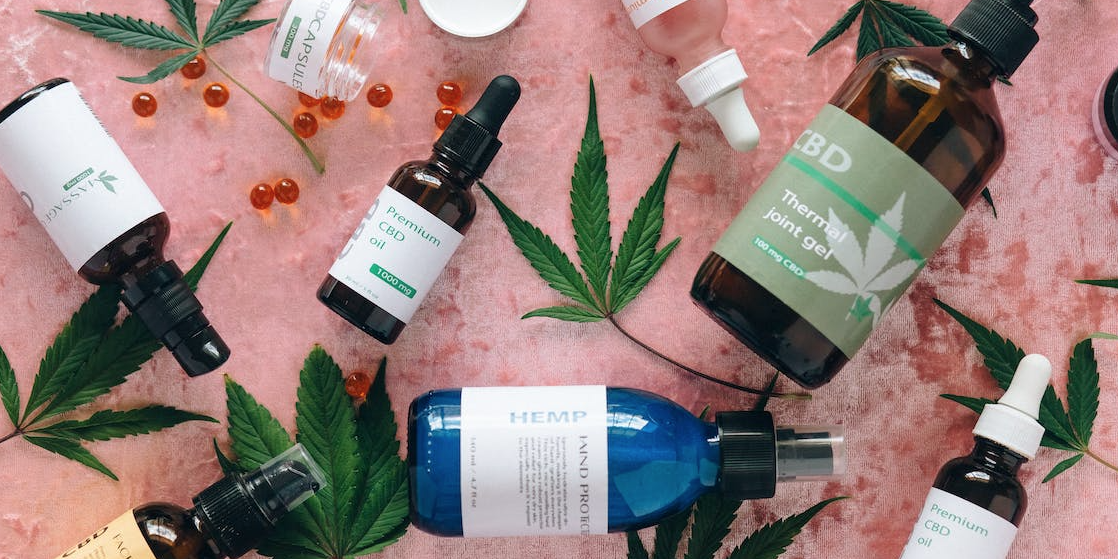CBD does not get you high. Thanks to its lack of THC content, there is no intoxication from using hemp-based CBD products.
But, this question can also be a little tricky. Journalists and researchers commonly refer to CBD as non-psychoactive. But what is the truth about CBD oil and psychoactivity?
What Does CBD Oil Do?
CBD oil interacts with the CB1 and CB2 receptors in your endocannabinoid system (ECS) to transmit signals throughout your cells. It’s this communication that allows CBD to help your body maintain homeostasis.
By promoting balance in the body, CBD helps to improve your mood, reduce minor discomforts, and so much more.
What Does “Psychoactive” Mean?
The standard definition of “psychoactive” describes substances that affect the mind or behavior. By this view – and in the eyes of researchers – caffeine is psychoactive.
But caffeine doesn’t cause intoxication, does it? This indicates that the words “psychoactive” and “intoxicating” do not mean the same thing.
When journalists and researchers describe CBD as non-psychoactive, they probably mean that it’s non-intoxicating. By contrast, the high levels of THC found in marijuana make it both psychoactive and intoxicating. But CBD with low levels of THC allows for the many properties of the cannabis plant, minus the high.
The CBD Facts: THC-free* CBD is considered non-psychoactive and does not cause intoxication, meaning you can use it in various aspects of your daily life.
Source: cbdmd
Image: Pexels







